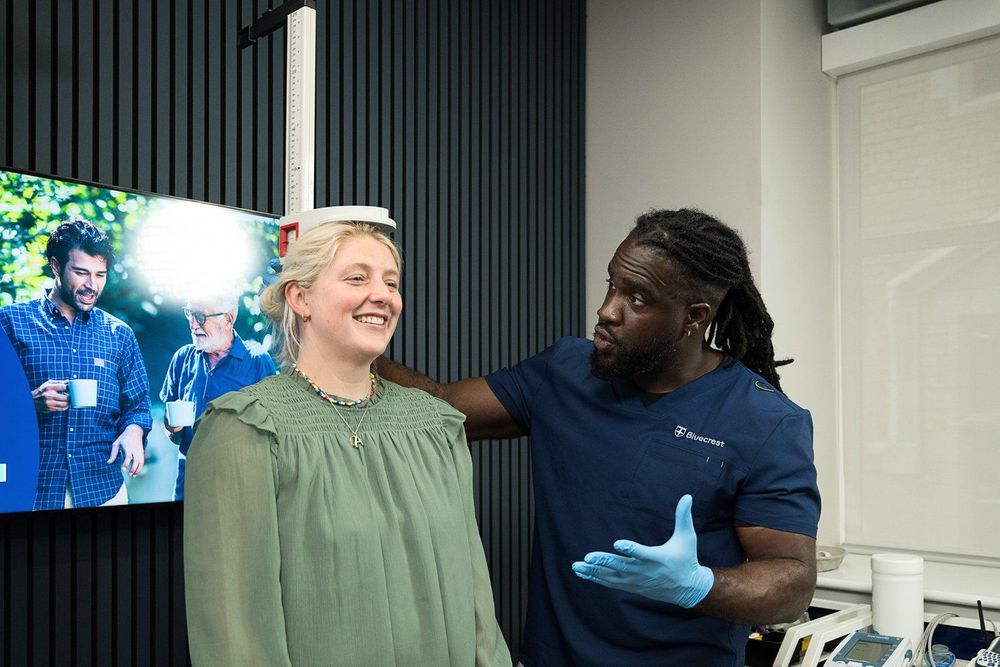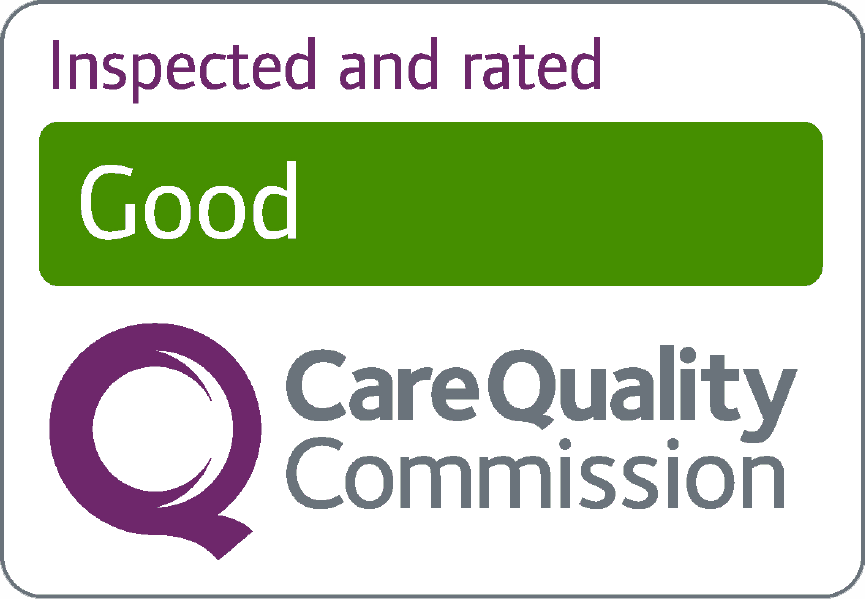
What is insulin resistance and what causes it?
You've probably heard of insulin in the context of diabetes, but what exactly is insulin resistance and why is it something more people are talking about?
Insulin resistance is a growing health concern in the UK and around the world. It’s often silent in the early stages, but over time, it can lead to serious problems like type 2 diabetes, heart disease and even certain cancers. The good news? With the right knowledge and a proactive approach, insulin resistance can often be managed and even reversed.
In this guide, we’ll explain what insulin resistance is, what causes it and the steps you can take to protect your health.
What is insulin resistance?
Insulin is a hormone made by the pancreas that helps regulate blood sugar (glucose) levels. When you eat, your body breaks down carbohydrates into glucose, which enters your bloodstream. Insulin acts like a key, helping glucose enter your cells so it can be used for energy.
Insulin resistance happens when your body’s cells stop responding properly to insulin. As a result, glucose builds up in your blood instead of being absorbed. Your pancreas tries to compensate by producing more insulin, but over time, this can put a strain on the system.
If left unmanaged, insulin resistance can lead to pre-diabetes and eventually type 2 diabetes.
What causes insulin resistance?
There’s no single cause, but several risk factors can increase your likelihood of developing insulin resistance. These include:
1. Being overweight or obese Excess body fat, particularly around the abdomen, is one of the biggest risk factors. Fat cells, especially visceral fat around the organs, can interfere with how your cells respond to insulin.
2. A sedentary lifestyle Regular movement helps your body use insulin more effectively. Long periods of inactivity can make it harder for your cells to absorb glucose, increasing insulin resistance.
3. A diet high in sugar and refined carbs Foods like white bread, sweets and sugary drinks cause blood sugar to spike. Over time, this repeated “sugar rush” can wear down your body’s insulin response.
4. Chronic stress When you’re stressed, your body releases hormones like cortisol that can raise blood sugar and interfere with insulin function.
5. Poor sleep Not getting enough sleep or experiencing disrupted sleep can impact how your body regulates insulin and blood sugar levels.
6. Hormonal changes Conditions like polycystic ovary syndrome (PCOS) are linked to insulin resistance. Menopause and low testosterone levels may also play a role.
7. Family history and genetics If type 2 diabetes runs in your family, you may be more prone to insulin resistance, especially if combined with lifestyle factors.
What are the symptoms of insulin resistance?
One of the challenges of insulin resistance is that it often doesn’t cause obvious symptoms, especially early on. But some signs could suggest your body isn’t processing insulin correctly:
-
Fatigue or low energy after eating
-
Increased hunger or sugar cravings
-
Difficulty losing weight (especially around the stomach)
-
Frequent urination
-
Brain fog or trouble concentrating
-
Dark patches of skin (especially on the neck or underarms)
-
High blood pressure or abnormal cholesterol levels
Over time, insulin resistance can lead to pre-diabetes, which may progress to type 2 diabetes if not addressed.
Why does insulin resistance matter?
Insulin resistance doesn’t just increase your risk of diabetes; it’s also linked to a range of other serious health issues, including:
-
Heart disease
-
Stroke
-
Fatty liver disease
-
Certain types of cancer
-
Dementia and cognitive decline
That’s why early detection and lifestyle modifications are important. The sooner you know, the more you can do.
How is insulin resistance diagnosed?
Insulin resistance isn’t usually tested for as part of a standard NHS health check, unless you already have symptoms or other risk factors.
However, there are some blood tests that can help spot early warning signs, such as:
-
Fasting blood glucose – to measure your blood sugar after a period without food
-
HbA1c – shows your average blood sugar levels over the past 2–3 months
-
Fasting insulin levels – used less commonly, but can help assess how much insulin your body is producing
At Bluecrest Wellness, our Health MOTs include a range of checks that can help identify your risk for conditions like diabetes and cardiovascular disease, often before symptoms appear. It’s a simple step that can make a big difference to your long-term health.
Can insulin resistance be reversed?
Yes, in many cases, insulin resistance can be improved or even reversed with lifestyle changes. These steps can help your body respond to insulin more effectively:
1. Move more Aim for at least 150 minutes of moderate exercise a week - brisk walking, cycling, swimming or dancing all count. Strength training is also beneficial.
2. Choose whole foods Cut back on sugary snacks and processed foods. Focus on whole grains, lean proteins, healthy fats and plenty of vegetables.
3. Manage your weight Even a modest weight loss of 5–10% of your body weight can significantly improve insulin sensitivity.
4. Get better sleep Aim for 7–9 hours a night and try to keep a consistent sleep schedule. Good sleep helps regulate the hormones that control blood sugar and appetite.
5. Reduce stress Regular stress-reducing activities like meditation, breathing exercises or even a daily walk in nature can help support hormone balance.
6. Stay informed Regular health checks can help you track your progress and spot any issues early. Knowledge really is power when it comes to prevention.
Take control of your health with a Bluecrest Health MOT
If you’re concerned about insulin resistance or just want to get a clearer picture of your overall health, our Health MOTs are a great place to start.
With over 2,000 convenient clinic locations across the UK and quick appointment times, it's never been easier to take control of your wellbeing.
You'll receive:
- A wide range of blood tests, including diabetes risk markers
- Blood pressure, cholesterol and body composition checks
- A detailed, easy-to-read results report
- Support and guidance to help you take the next steps
Whether you're experiencing symptoms or simply want peace of mind, this comprehensive health check gives you the insights you need to take action before small issues become bigger problems.




























